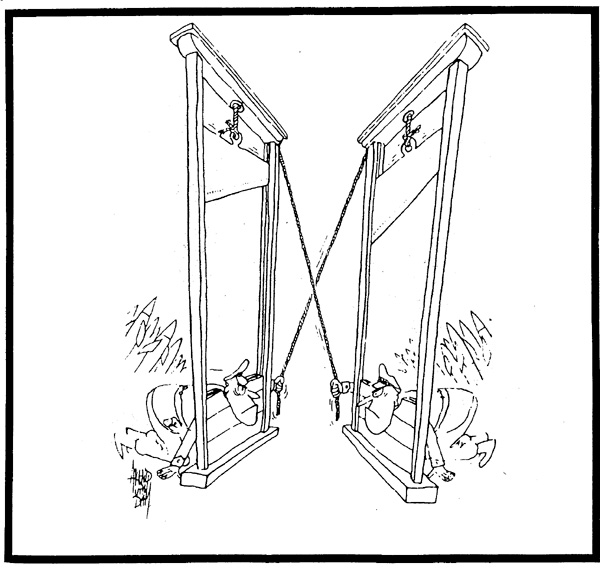We have become accustomed to the fairy tale endings we so often see in the movies – boy meets girl, they fall in love, get married, have kids and live happily ever after. Unfortunately, the reality of modern society is not always as romantic with a dramatic increase in the number of single and unmarried parents and children born out of wedlock every year. This raises questions as to whether the biological father of a child born out of wedlock is obliged to contribute to the mother’s pregnancy and birth related costs and pay maintenance for his child even if not married to the mother.
In legal terms, a child born to a mother and father who are not married to each other is referred to as a child born out of wedlock, or, more correctly, as an extra-marital child.
Our law recognises that all children irrespective of the marriage status of the parents are entitled to financial support from both of their biological parents, with the degree of contribution by each parent dependant on their respective means.
Child maintenance is a periodic payment made to the caregiver of a child for basic amenities such as food, shelter, clothing, education and medical care. According to the Maintenance Act 99 of 1998 a maintenance order can be obtained to enforce the common law duty of parents to support their children. An unmarried mother who claims maintenance for her child must however prove paternity. If she can prove that she and the man from whom she claims maintenance had sexual intercourse at any time during which the child could have been conceived, that man is, in the absence of evidence to the contrary, presumed to be the father.
The Maintenance Act regulates all maintenance related claims. This Act provides that if there is no maintenance order in place, a Maintenance Court should make an inquiry into the situation and can, after considering the relevant evidence, order the father of the child to pay the mother a sum of money as well as interest thereon. The amount will reflect what the court believes the mother is entitled to in respect of the relevant expenses incurred by the mother in connection with the birth and maintenance of the child, from the date of birth to the date of the inquiry.
An application for maintenance can be brought at a Maintenance Court located in the area where the person to be maintained resides or where the person in whose care that person is, resides. All Magistrate’s Courts in South Africa serve as Maintenance Courts.
Our courts have also recognised a woman’s right to claim maintenance for herself immediately before, during, and after birth and this right to maintenance is regarded as a part of the “lying-in expenses” which are expenses closely connected with the actual birth. These expenses include –
Doctor’s care before and after the birth,
Hospitalization, and
Certain necessities for the baby.
A maintenance order can thus be made with regards to the birth and the maintenance of the child, but the order will only be granted once the child has been born. Both parents must contribute to the lying-in expenses according to their respective means.
Should you find yourself in an uncertain situation regarding the maintenance of your child born out of wedlock, seek legal advice from an attorney specialising in maintenance matters to assist you.
Mosdel Parma & Cox
ppam@mpc.law.za
044 533 1101•







